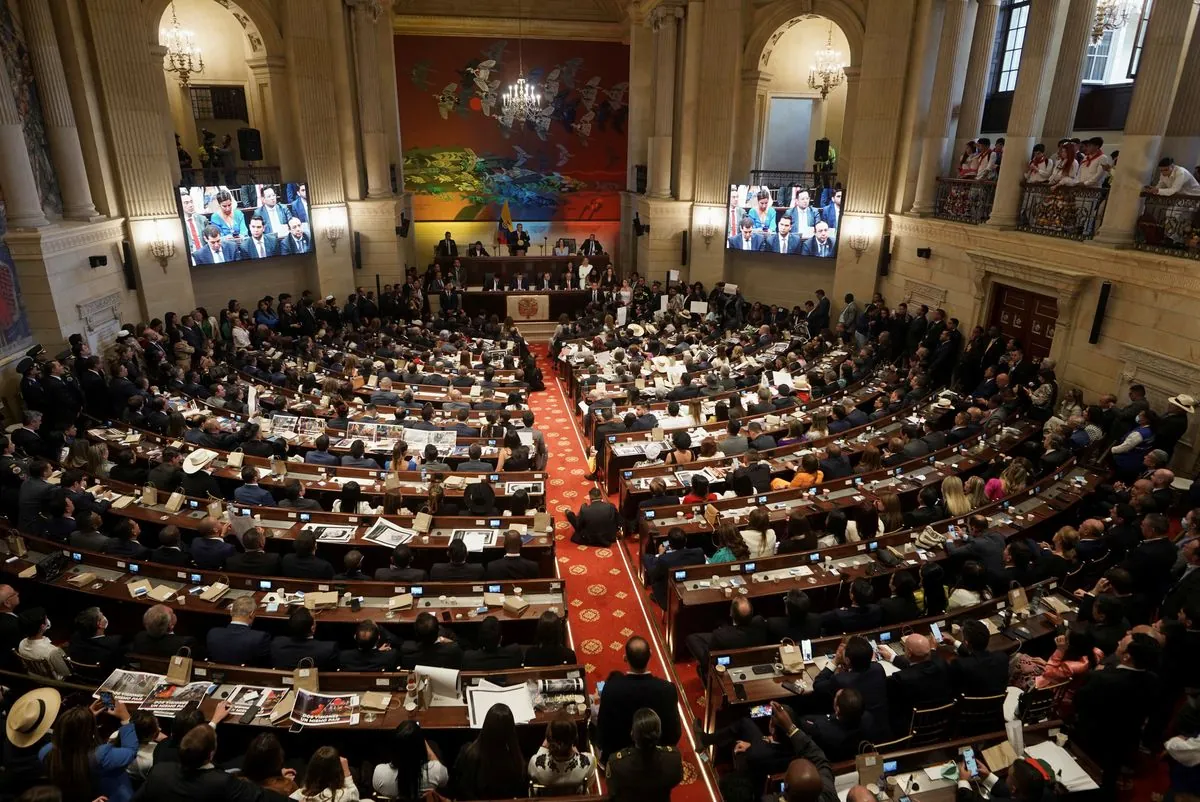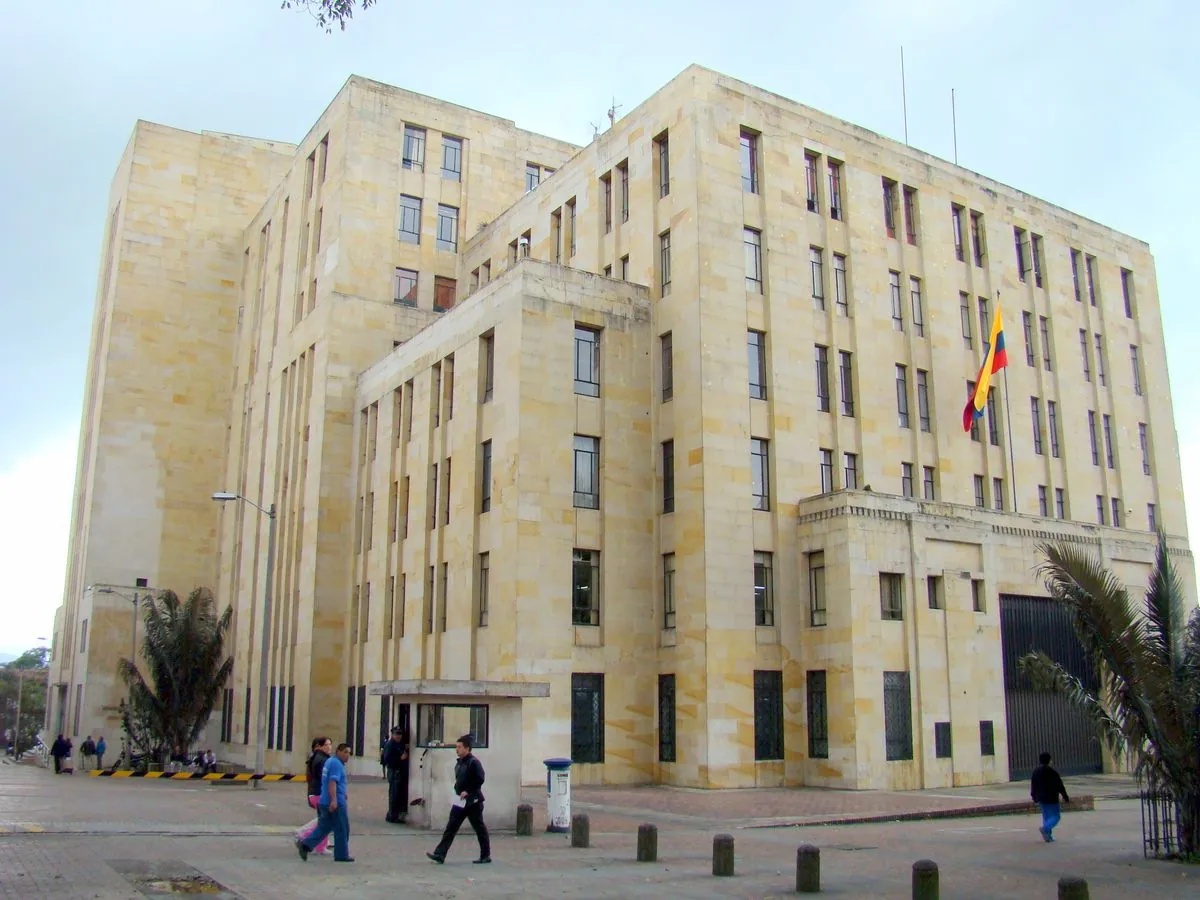Colombian Senate Rejects 2025 Budget Amid Revenue Concerns
Colombian Senate committee dismisses proposed 2025 budget due to unrealistic revenue projections. Government's fiscal reform efforts deemed insufficient, raising concerns about financial planning.

On September 11, 2024, Colombia's Senate economics committee rejected the government's proposed 2025 budget, citing concerns over the nation's ability to generate the projected revenue. The decision highlights the ongoing challenges faced by the Gustavo Petro administration in managing the country's finances.
The proposed budget, presented by the finance ministry in late July 2024, amounted to 523 trillion pesos ($122 billion). This figure represents a significant portion of Colombia's economy, which is the fourth largest in Latin America by GDP. Despite Colombia's diverse economic base, with major exports including petroleum, coal, emeralds, coffee, and flowers, lawmakers expressed skepticism about the feasibility of raising such a substantial sum.
In an attempt to address these concerns, the finance ministry introduced a new fiscal reform proposal on September 10, 2024. The plan aimed to generate an additional 12 trillion pesos ($2.8 billion) to support the budget. However, the majority of lawmakers on the economic commissions in both the Senate and the lower house remained unconvinced.
Carlos Abraham Jimenez, a Senator from the right-leaning Radical Change party, criticized the proposal, stating, > "We cannot approve an unfinanced proposal, the product of the irresponsibility of President Gustavo Petro."
The rejection of the budget comes at a time when Colombia is grappling with economic challenges. In June 2024, the finance ministry was compelled to freeze $4.6 billion in spending due to a significant decline in tax income. This led to an increase in the fiscal deficit target for 2024 from 5.3% to 5.6%.
Colombia's tax-to-GDP ratio stood at 19.7% in 2021, considerably below the OECD average of 34.1%. This disparity underscores the country's ongoing struggle to increase its tax revenue and reduce its reliance on oil exports. The government's efforts to tackle tax evasion and avoidance were deemed unrealistic by lawmakers, further complicating the budget approval process.

Senate President Efrain Cepada of the Conservative party emphasized the need for a more rigorous approach to budget planning, stating, > "The country needs seriousness, justification and certain sources when it comes to approving budgets with values like the one presented today, if it's not like that we have to reject. This isn't personal, it's the minimum demanded in congress."
The budget's rejection, with 12 votes against and only one in favor, reflects the deep-seated concerns about Colombia's fiscal management. This development comes as the country continues to implement its fiscal rule, introduced in 2011 to ensure long-term fiscal sustainability.
An independent committee overseeing Colombia's compliance with the fiscal rule had warned in July 2024 that adjustments were necessary to ensure compliance in 2024 and 2025 due to potential risks to tax collection. This warning, coupled with the recent budget rejection, underscores the complex financial landscape facing Colombia as it strives to balance economic growth with fiscal responsibility.
As Colombia navigates these fiscal challenges, the government must address concerns about revenue projections and present a more realistic and well-justified budget proposal. The outcome of this process will be crucial for the country's economic stability and its ability to continue attracting foreign investment while improving its overall competitiveness in the global market.


































